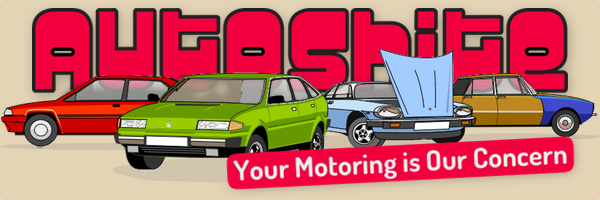1971 MGB GT - New number plates fitted - see page 19
-
Similar Content
-
Private number plate.
By Crusty Sills,
- 1 reply
- 212 views
-
PU51 WET number plate wanted
By Dick Cheeseburger,
- 18 replies
- 1,662 views
-
- 233 replies
- 25,173 views
-
- 4,823 replies
- 370,760 views
-
- 127 replies
- 10,691 views
-







Recommended Posts
Create an account or sign in to comment
You need to be a member in order to leave a comment
Create an account
Sign up for a new account in our community. It's easy!
Register a new accountSign in
Already have an account? Sign in here.
Sign In Now